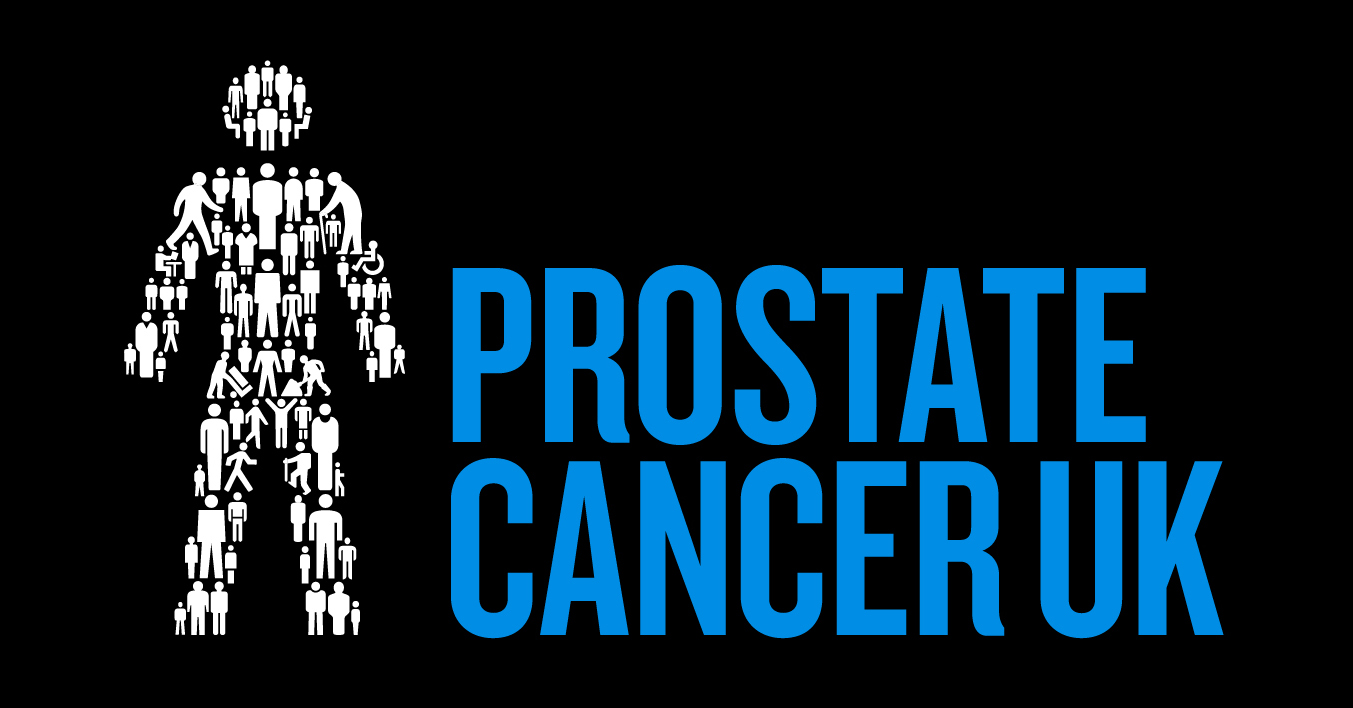With the government’s announcement that social distancing restrictions will be lifted completely by late June, many sports and social clubs are looking forward to bringing employees back into work. However, something which has been overlooked is the degree of fatigue the lockdown has brought on.
Throughout the multiple lockdowns of 2020 and 2021, fatigue has been a hot topic. Whether its those furloughed or those left to cover the extra workload, fatigue has been widely reported.
The RSA published a report in 2020 on Frontline Fatigue, it concerned workers continuing through lockdown. Workers were experiencing fatigue, having to cover the shifts of those who’d been furloughed. It showed that 55 percent of women and 40 percent of men felt burnt out nearing the end of December.
Furthermore, the impacts of furlough are still being measured; apprehension, lethargy about work, depreciated mental health due to anxiety or bereavement could be prevalent. Workers returning from furlough may well need increased attention and special measures should be put in place.
How do sports and social clubs ensure their staff are ready for the restart?
Communication
Establishing a dialogue around returning to work is vital for the health of your staff. Employees should feel confident airing their trepidations about returning to work.
Early contact is key to promoting a positive and caring attitude. Identify specific obstacle to returning to work, such as personal circumstances, and talk them through. Talking and voicing concerns is the first step toward understanding where fatigue is having an effect.
Staggered starts
A return to the workplace will not necessarily mean a return to full capacity. Indeed, measures put in place to ensure social distancing may reduce a company’s ability to have all employees in the workplace at one time.
Staggered starts might be an option your HR team should consider. It would significantly help counter fatigue and also help with reintegrating staff back into the workplace.
Wellbeing support
Having a supportive network is vital. Nominating a wellbeing champion that the staff can go to for support and advice, an intermediate between owner and employees, could be the answer if your staff are feeling fatigued.
To learn more about wellbeing, see our article.

Wellbeing Services
Risk Management
You are legally obliged to undertake a comprehensive risk assessment to ensure you are protecting your staff and customers. Before returning to work, reassessing all the risks would be wise.
Checkout our guide on risk management in your club, including the updates and changes in legislation which take place in 2021.

Risk management guide – 2021 update
Why is combating fatigue important?
Fatigue can lead to accidents. Fatigue refers to the issues that arise from excessive working time or poorly designed shift patterns. According to a government study, fatigue has been implicated in 20% of accidents on major roads and is said to cost the UK £115 – £240 million per year in terms of work accidents alone.
Furloughed workers coming back to the workplace could have their bodies out of synch. Sleep disturbances can lead to a sleep debt and fatigue which impedes both action and judgement. The legal duty is on employers to manage risks from fatigue, irrespective of any individual’s circumstances.
The recommended action to take is to treat returning staff as you would new employees. Introductory sessions which involve new procedure and recommended protocols are beneficial. Some of your workers may have been furloughed for 9 months or more. Many protocols and legislation may have changed, especially those on social distancing. A refresher will help reduce the likelihood of accident or injury and help keep customers confident.
You could also introduce more frequent breaks. This will help counter tiredness and reduce the likelihood of any loss of concentration. Sports and social club workers may want to reassess their shift pattern or change their hours of work, guarding against fatigue – this can be catered to by owners, dependant on resource allocation and staffing levels.
Each business will find different solutions work for them, the key objective is to try to reduce risk of fatigue and therefore incident and resulting claims from third parties.







